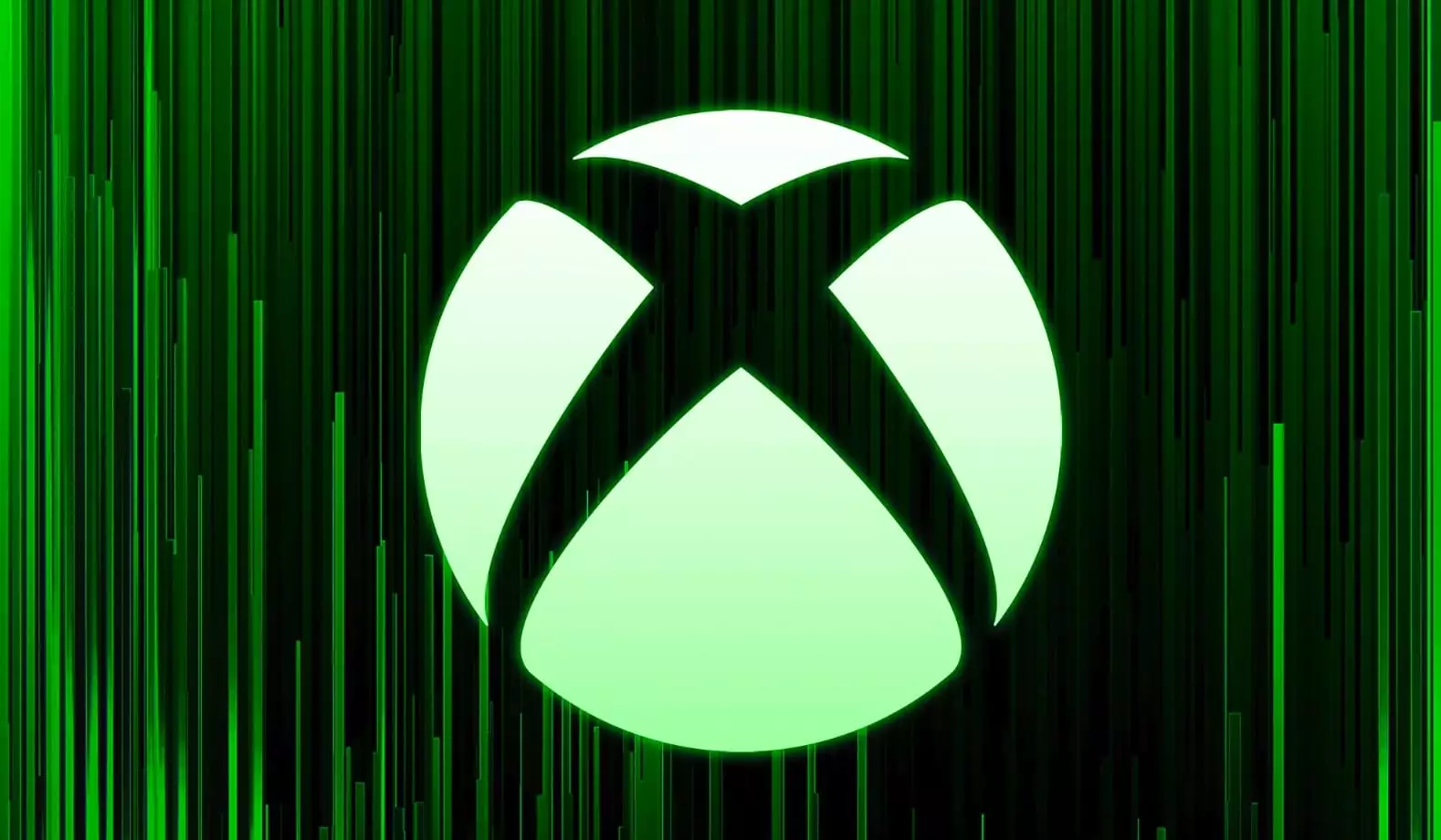In an exciting revelation for gaming enthusiasts, Microsoft Gaming CEO Phil Spencer has confirmed that the tech giant is venturing into the handheld gaming device market. During his recent dialogue with Bloomberg, Spencer articulated a broad expectation for Microsoft to take a significant leap within this niche, emphasizing that while prototypes are in development, much planning remains underway. This indicates a serious commitment from Microsoft to actively participate in what has become a burgeoning sector of the gaming industry.
Spencer’s statements underscore a proactive approach, where Microsoft is thoroughly analyzing the current landscape of handheld gaming. The company is exploring multiple avenues to carve out its unique space, seeking insights to inform its design and functionality decisions for a dedicated device. Spencer’s view suggests an interest not only in replicating existing models but also in innovating upon them. The overarching goal, as articulated by Spencer, is to carve out a solution that meets the expectations of modern gamers while enhancing the versatility of Xbox’s offerings.
Another crucial aspect of Spencer’s comments was the commitment to enhancing the Xbox app for existing handheld devices. By integrating Xbox games into various platforms, Microsoft aims to foster a seamless gaming experience no matter the device being used. The company’s recent marketing narrative asserts that virtually any modern technology can function as an Xbox—this accessibility reflects a shift in focus from traditional gaming consoles to a more expansive approach towards gaming platforms.
When discussing the potential new handheld device, Spencer hinted at a preference for a model that supports local gaming rather than simply relying on cloud-based play. This distinction is vital as it speaks to a growing concern among gamers about the limitations of cloud gaming, such as latency and connectivity issues. A locally operating handheld could potentially address these concerns, providing a more dependable and responsive gaming experience.
Despite the possibilities, it’s essential to evaluate the current state of the handheld gaming market. Devices like the Steam Deck have already captured significant attention, while other contenders such as the Asus ROG Ally and Lenovo Legion Go utilize Windows, providing users with access to the Xbox ecosystem through the Microsoft app and Game Pass. This saturation raises an intriguing question: what unique advantages would a Microsoft-developed handheld bring to the table? As third-party manufacturers have already created solutions capable of running Xbox games, it remains to be seen whether Microsoft can differentiate its offering in a competitive landscape.
While the specifics of Microsoft’s handheld device remain under wraps, Spencer’s insights indicate that the company is eager to respond to market needs and innovate within the handheld gaming sector. As the industry continues to evolve, the anticipation builds around what Microsoft might unveil after extensive research and development. Until then, gamers can only wait with bated breath for a potential new gaming experience that could redefine how they enjoy their favorite titles on the go. The exploration continues, leaving plenty of room for speculation and excitement about the future of handheld gaming.


Leave a Reply